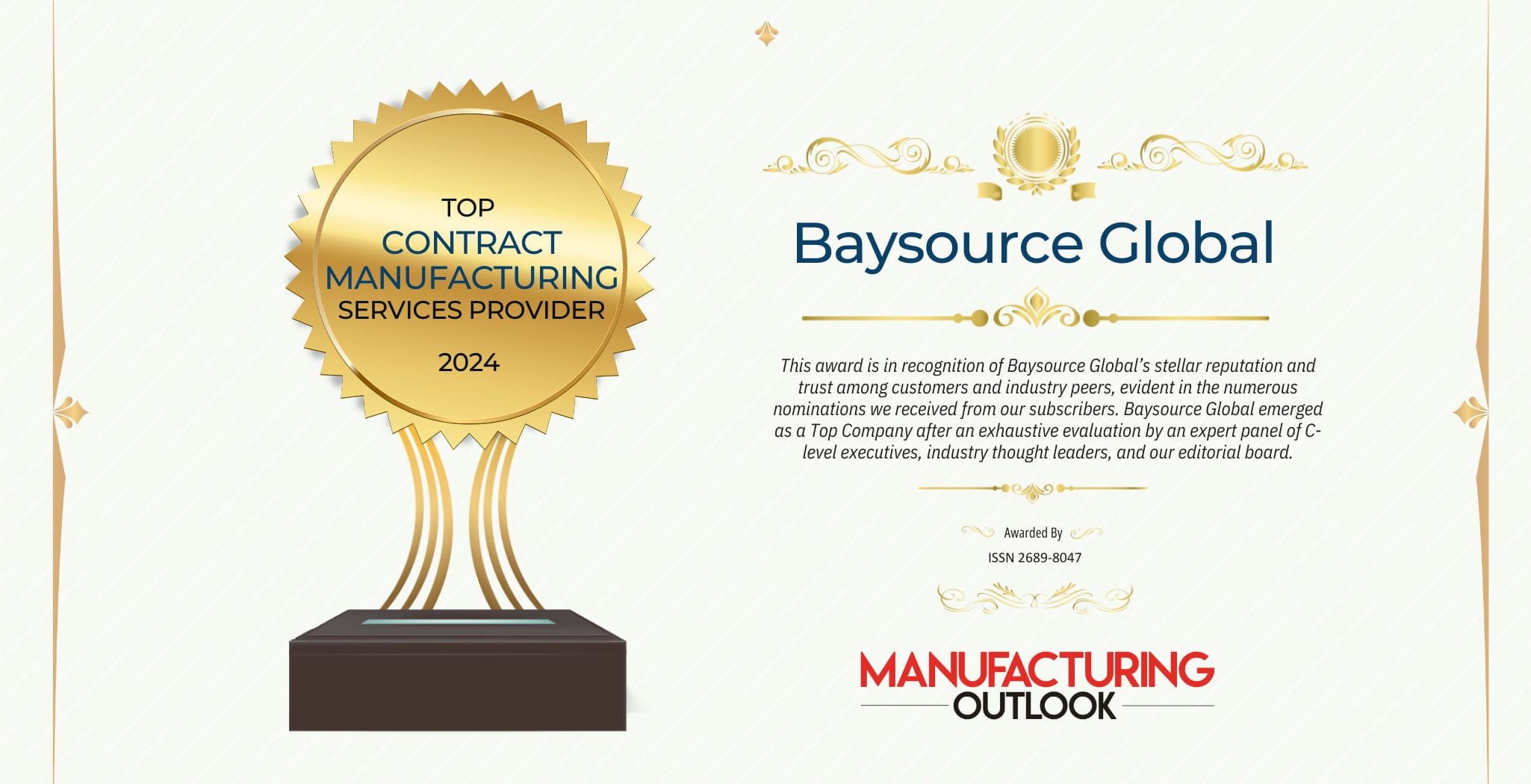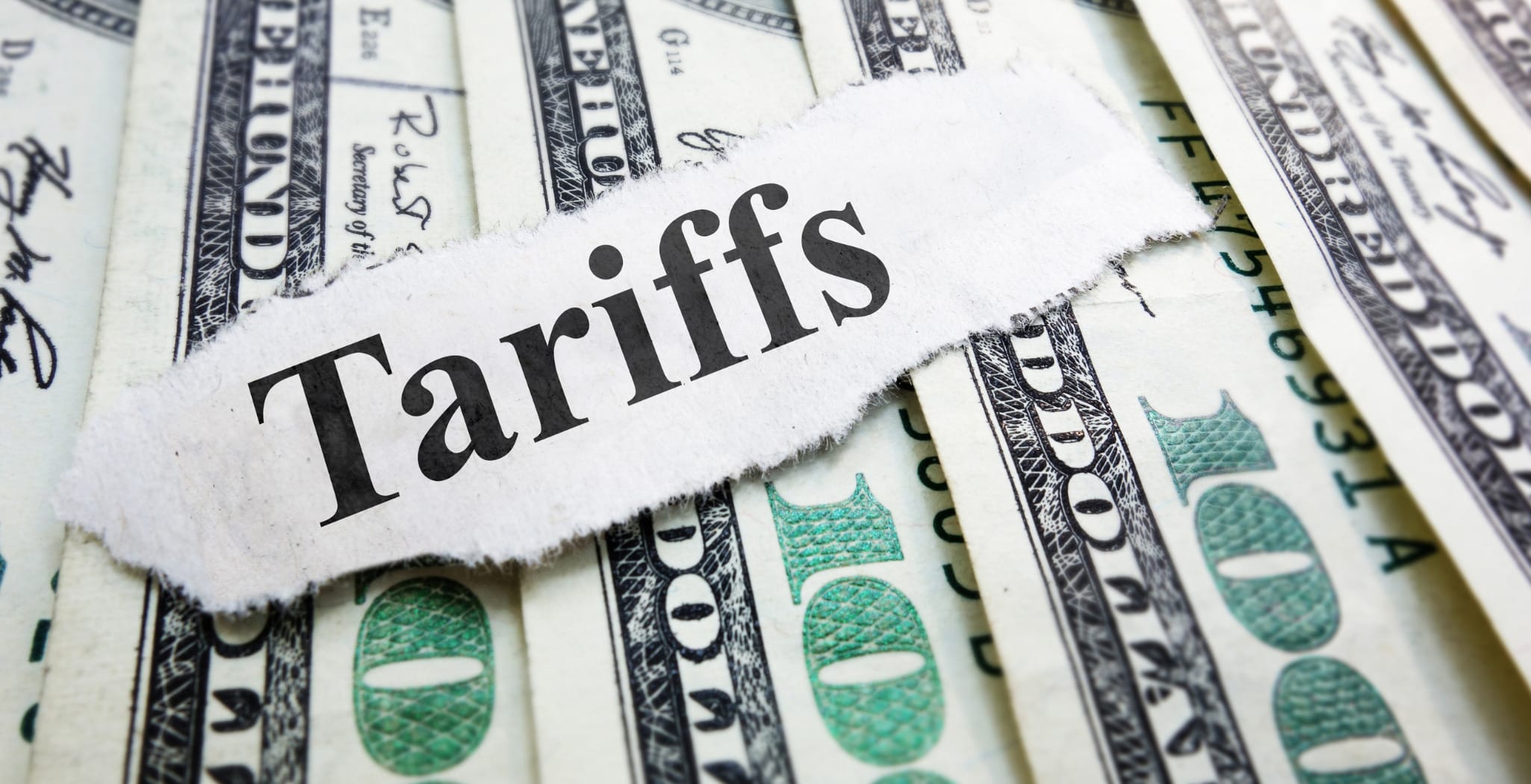As companies weigh the pros and cons of working directly with a factory vs. dealing through an agent for their China sourcing needs there are many points to consider.
Top 10 Pros and Cons
1. The scale or dollar volume purchased annually. (I published an article in M&A Magazine which argued it requires $40-$50MM in throughput for any ROI on a direct sourcing office.)
2. The number of varying categories and SKUs being sourced.
3. The complexity of products being sourced. Cotton socks are a lot less difficult to make and package than electromechanical items with sophisticated firmware and specialized components.
4. Experience levels, competence and proficiency with the language of the country with whom they’re dealing.
5. The sheer number of factories the buyers/agents have worked with including access to the owners or very least factory bosses and relationships with those individuals; the length of time and history with those factories and dollars of business placed with them; the ability to get production bumped forward in the schedule; the ability to receive favorable payment terms which impacts cash flow of any business.
6. Competency with provincial government regulations and requirements. (How would a New Yorker fare in an Alabama factory or vice versa?)
7. Ability to travel to/from factory within one day for urgent matters, product/packaging changes, and production oversight.
8. Quality Control-Generally considered the most critical. The standard process for measuring QC and the depth of practices such as random and in production sampling, testing equipment and facilities, reports, photos, and now video.
9. Experience with logistics, freight terms and all export documentation and activities.
10. Does the agent or factory (for direct) share your sense of urgency and same philosophies and principals? Are they vested in the outcome and long term success of the business?







Follow Us